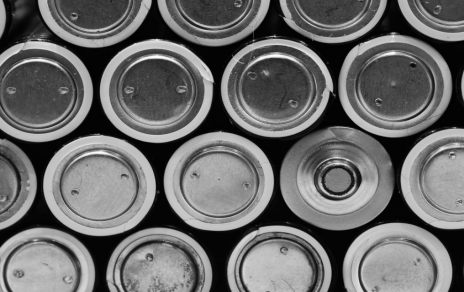BEIJING, April 10 (Reuters) - Growth in China's battery storage capacity could slow down in 2024, according to an industry association, as energy storage struggles with low profitability.
Under conservative estimates, China will add 30.1GW of new energy storage, primarily lithium ion battery storage, in 2024, down from 34.5GW of new capacity in 2023, according to a China Energy Storage Alliance (CNESA) white paper released on Wednesday.
Under a more "ideal" scenario, the association sees China's new energy storage capacity installations rising 19% year-on-year to 41.2GW, the white paper found.
That estimate lags the expected growth in sales of energy storage products, which will rise 35% year-on-year globally, according to the white paper.
Grid-connected battery farms back up renewables when the sun is not shining or the wind is not blowing and are considered important to help integrate clean energy into power grids. This is particularly important for China, which has minimal natural gas capacity, a more flexible power source than slow-ramping coal plants.
CNESA forecast improvements in the economics of battery energy storage in China this year, without providing specifics.
Industry sources say energy storage projects are largely unprofitable to operate because of high upfront costs. They also face difficulties in securing grid connections and selling electricity into China's power markets based largely on long-term contracts.
Some projects have to wait over six months for grid connections, said Wu Jiamao, senior deputy general manager of Sungrow Power, China's biggest provider of energy storage systems, at the Energy Storage International Conference and Expo on Wednesday. He cited the degradation of batteries over time as another issue and called for further technical advances.
Globally, geopolitics and Europe's carbon regulations will pose challenges to China's international shipments.
"In 2024, the entire world is in a stage of reconfiguring supply chains, geopolitics are bringing new challenges to supply chains," CNESA said in the white paper.
Shu Yinbiao, a researcher with the Chinese Academy of Engineering, said at the conference that Chinese batteries are facing "green trade barriers" with the carbon footprint of Chinese products being overestimated in Europe's carbon border adjustment mechanism.
Reporting by Colleen Howe; editing by Miral Fahmy
